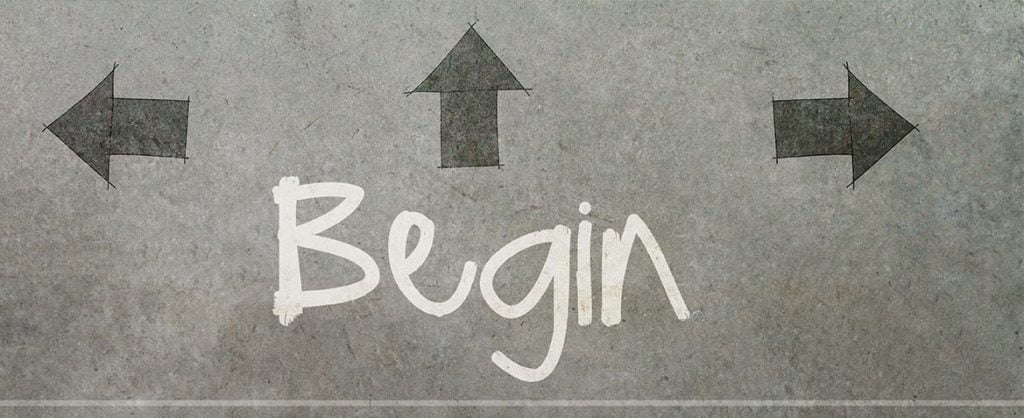
What is a hosting service?
It is the place where all of the text, images, and files, that make up your website, are stored . Choosing the right web hosting service is extremely important. Having an unreliable host can severely damage your image, reputation, and ultimately cost you in revenue. Learn how to avoid unreliable web hosts.
What should you look for in a web hosting service?
The hosting provider you choose will highly depend on the scope of your website. But to highlight some of the essentials, here is a quick checklist you should look into before choosing a web hosting provider.
Web Hosting F.A.Q
Related Posts
If you enjoyed this article, consider exploring our other articles below.




